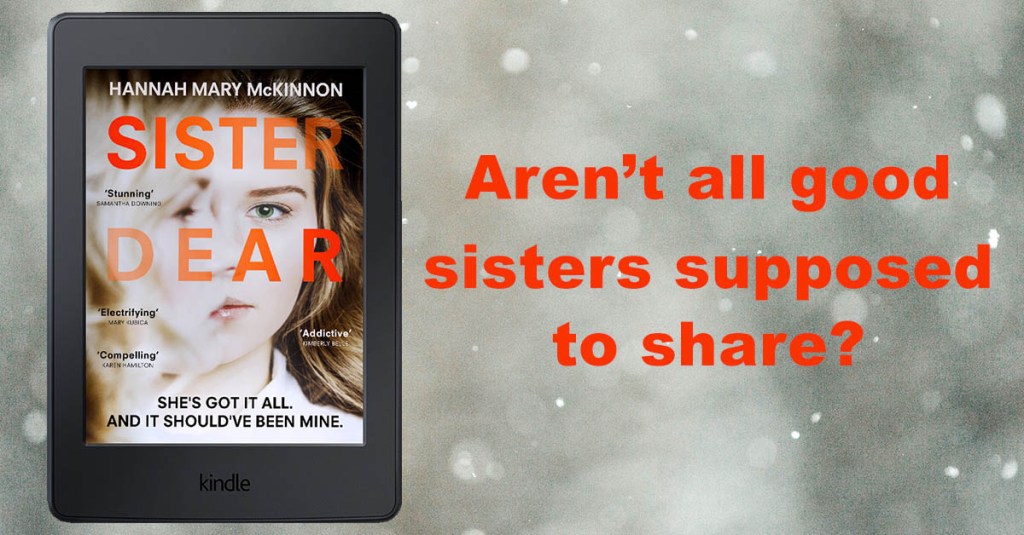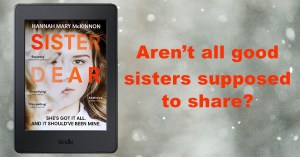My heels dragged as my legs took shorter steps than usual, an unmistakable sign my feet weren’t heading in a direction I wanted to go. The hems of my old frayed jeans dragged on the sidewalk, soaking up the gray slush—the final vestige of the snow dusting most of Maine had received earlier that Friday afternoon, dumping the majority of it right on top of Portland.
The freezing, soggy fabric of my pants had turned into frozen fingers snatching at my ankles, and I cursed myself twice. Once for not believing the weatherman when he said snow would hit mid-October, and again because I’d donned comfy sneakers as a pathetic sign of protest. At almost thirty and an East Coast native, I really should’ve known better.
While my heart protested, my brain made me quicken my pace toward Monroe Hospice. I tried hard not to imagine what Dad might look like today. If I did, I feared I’d turn around, scuttle home to my little apartment, which had be- come more of a refuge since his diagnosis. Never mind my pathetic and humble abode’s dire need for odorless carpets, proper windows to keep out the draft, and paint that didn’t come off the walls in banana-peel strips.
Despite its state, I longed to be at home, close the curtains, pull on two sweaters and hide for the weekend, trying to pretend Dad wasn’t sick. Wasn’t dying. That this wouldn’t be his last Thanksgiving, and he would make it to Christmas.
Forty-eight hours had passed since I’d visited. Even in such a short amount of time I wasn’t sure what condition I’d find him in—the pallor of his face, how much more sallow his skin had become as it stretched over his jutting cheekbones, translucent as raw phyllo pastry.
Pancreatic cancer—the inoperable, terminal kind, the doctor had said eight weeks ago, although it felt as if multiple lifetimes had passed since our world had been turned upside down. I’d refused to believe it when Dad told me. Insisted they’d made a mistake, handed him somebody else’s test results by accident. The thought of losing my father, the one person I cared for the most in the entire world, filled me with horror. At the rate of his decline, we’d be lucky if he made it another month.
I’d barely slept since the diagnosis, the only advantage being I’d stayed ahead of schedule with the website designs for my clients, even though I caught myself staring into space far too often. Working so much couldn’t prevent my mind from traveling the path marked Life After Dad. It was bleak down there. Empty and cold. Lonely. A place filled with despair, anger and hate. Somewhere nobody should be forced to go, yet a destination almost everyone ended up at some point, and in my case, before I’d done something—anything—to make him proud.
I hoisted my bag over my shoulder, wishing for the umpteenth time I’d emptied it before setting off, and had left my notepad-come-sketchbook and camera at home.
The latter was an older, large digital Nikon. It had belonged to my neighbor’s deceased husband and had therefore been free—a big part of the appeal—but it now made the straps of my bag dig into my skin.
“You’re an idiot,” I said and shifted the weight. Even if Dad let me take his picture, I’d be incapable of focusing the lens on him without bursting into tears.
I took another few steps, caught sight of my reflection in the store window and quickly looked away, stuffed my hands deeper into the pockets of my jacket, which already bunched more snuggly around my middle than it had when I’d bought it at the thrift store a few weeks ago. We’d never been on good terms, mirrors and I—it was why I preferred holding the pencil or being on the other side of the camera—and I had more reasons to avoid them now.
Unhappiness did peculiar things to people. For me, it translated into lank, greasy hair, a total lack of makeup, and a pattern of shoveling as much comfort food—translation: any food—down my throat as fast as I possibly could.
I’d never lost anyone before, nobody close anyway, no one I’d sobbed into my pillow for, or bargained over with a higher power. It petrified me. Seeing my dad—a strong and burly truck driver with a marshmallow heart—be reduced to no more than a shell within a matter of weeks was already frightening enough, but I suspected the worst was yet to come.
I shuddered, pulled the hood of my jacket over my head to stop the bitter winds from assaulting my ears, and remembered our conversation about the “technical arrangements” for his funeral, more specifically, what he didn’t want.
“Get them to play ‘Another One Bites the Dust’ by Queen,” he’d said.“Dad, there’s no way I—”
“Kidding. ‘Knocking on Heaven’s Door’ will do fine. But not Bob Dylan’s version, it’s too soft. I want Guns N’ Roses, and make sure it’s the one with Slash’s awesome guitar riff.”
“Are you serious?”
“Deadly serious.”
“You’re not funny.”
“‘Course I am. Anyway, we’ll make the whole thing cheapand cheerful—”
“Cheerful? You expect your funeral to be cheerful?”
“Yes, Eleanor,” he said, his smile disappearing. “It’s to be a celebration. I don’t want you to be sad. Promise me you won’t be sad.”
Keeping my word was about as probable as healing his cancer with my bare hands, but I’d given it to him anyway, understood it was something he needed to feel better, to at least try to rid himself of the guilt of leaving the people who loved him behind.
I shook my head and looked up at the swirling skies, so lost in thought I’d already arrived at Monroe Hospice, a stone- clad, two-story building tucked away on a dead-end road. Despite my stalling tactics, the walk from my apartment on Sherman Street hadn’t taken much more than an hour, and not for the first time I wondered why they’d built Monroe in an area called Pleasantdale. When I’d shared this with Dad during my last visit, he’d laughed.
“At least it’s close to the cemetery. Transport will be cheap,” he’d said and I’d burst into tears, which had led to him apologizing for his crass attempt at gallows humor, blaming his dark, English sense of wit he’d inherited from his mother.
Taking a deep breath to prepare myself, I pushed open the doors. Although they’d tried hard to make the place homey and comfortable—cheery, abstract, multicolored artwork adorning the walls, a sitting area filled with high-backed sofas so soft you could lose yourself within—the distinct odor of a hospital environment had mixed with the invisible but constant death and sorrow, all of which now clung to the place, tearing my heart in two. I gave Brenda, the petite receptionist, a small wave, pretending I didn’t hear when she asked how I was doing because I wouldn’t have known how to respond.
The elevator took me to my dad’s floor where I gave Nurse Jelani a nod as she greeted me with a well-honed, compassionate expression. How she, or anyone else, worked in this place day in, day out—surrounded by illness and grief, knowing patients would rather go home so they could die in the relative comfort of their own surroundings—was an awesome mystery to me, filled with superheroes in scrubs. In comparison, my website job was a walk in a beautifully serene park. The annoyance I felt when I gave even my most demanding customer the sun and the moon, only to have them ask for the entire solar system, seemed petty and meaningless in contrast.
When I got closer to Dad’s room and heard voices, specifically my mother’s, I paused. Her unmistakable tone—considerably more nasal and irritating than usual—still had the power to send jolts down my spine, never mind my moving out as soon as I’d finished high school, determined never to depend on her again.
I hadn’t expected her to be at the hospice. The fact she’d visited Dad a few days earlier had already been a surprise, considering she’d ordered him to pack his stuff and leave almost twenty years ago, and had hardly spoken to him since. He’d only mentioned she’d visited because I’d told him I’d spotted her coming out of Monroe, and had ducked behind a fir tree to avoid her. It had been at least six months since I’d had any contact with her, almost a year since we’d been in the same room for my sister Amy’s lavish twenty-seventh birthday party.









